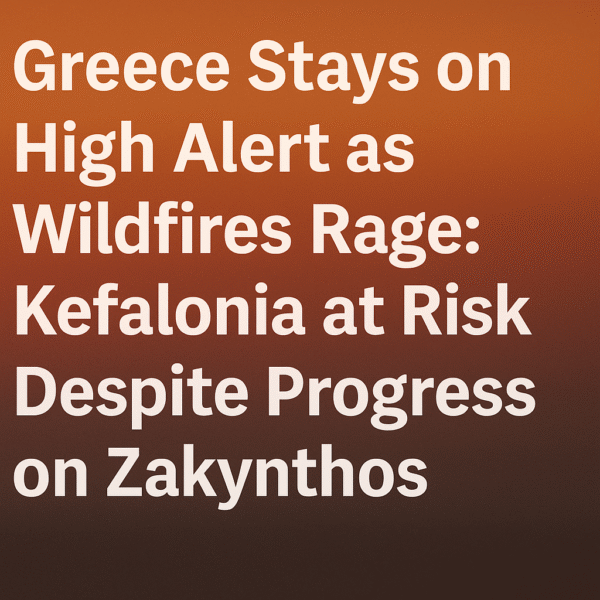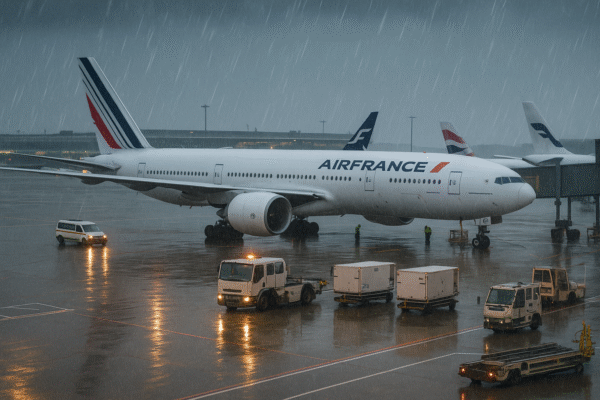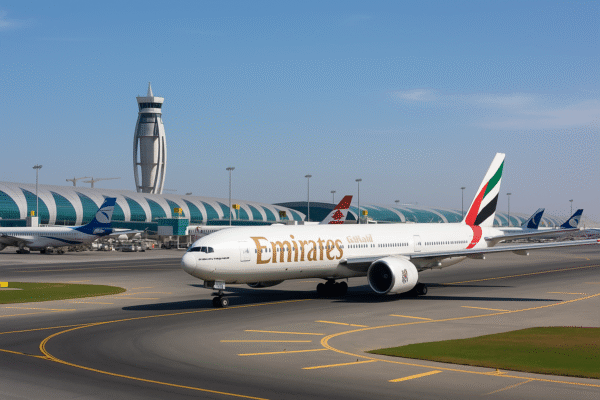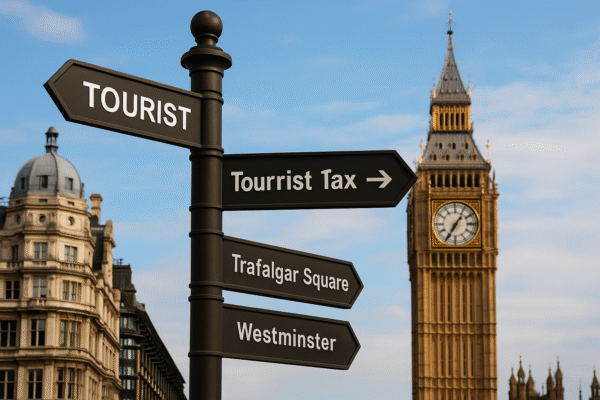As the United Kingdom braces for its autumn budget, Chancellor Rachel Reeves is under intense pressure to bridge a widening fiscal gap. With public spending cuts facing internal resistance and growth strategies under strain, one option gaining significant traction is a tourist tax—particularly in London, which accounts for over half of the UK’s international visitors.
Why London?
In 2025, London is expected to welcome approximately 43 million foreign visitors, injecting around £33.7 billion into the national economy. Despite this massive influx, London remains one of the few major global cities without a dedicated tourist or accommodation levy, unlike Paris, New York, or Barcelona.
What’s Being Proposed?
Officials suggest a modest nightly levy or a percentage-based surcharge on accommodation—potentially around 3–5%—could generate substantial revenue. Estimates indicate that a 5% tax could produce roughly £240 million annually, or €285 million, depending on conversion, for reinvesting in tourism infrastructure and public services.
Further research suggests that even a flat-rate charge of £1 per guest per night across England could raise up to £420 million annually.
Support from Local Leaders
Mayor Sadiq Khan has voiced support for a “modest overnight accommodation levy,” emphasizing the benefits to London’s tourism sector and urban environment.
Other political voices agree. Liberal Democrats propose a 50p nightly levy aimed at raising £50 million annually for regional cultural, sports, and arts access, while Green Party members also back the idea.
On a wider scale, a coalition of mayors—including those from Manchester, Liverpool, London, and others—are urging the government to empower regions to introduce a Barcelona-style visitor levy, which could spark regional growth and fund local infrastructure.
Legal and Political Hurdles
As of now, England lacks the legislative framework permitting local councils to levy a tourist tax. Only business improvement districts (BIDs) in cities like Manchester and Liverpool have implemented similar charges via legal workarounds.
Attempts to expand such powers have faced resistance. Deputy Prime Minister Angela Rayner’s proposal to include tourist tax powers in the Devolution Bill was blocked by Chancellor Reeves, citing concerns over burdening fragile businesses.
Cultural Impact and Conservation
Beyond services and transport, a tourist levy could serve as a vital funding source for culture. The director of the Victoria & Albert Museum and other cultural advocates argue that a 3–5% charge on overnight stays could generate over £1 billion annually, preserving free access to world-class institutions while enabling renovation and conservation.
Recent analysis warns that without such revenue, the policy of free national museum admission—costing taxpayers around £500 million annually—may become unsustainable. A tourist levy could play a crucial role in maintaining this cherished public service.
Balancing Act for Tourism
Critics caution that additional costs could deter budget-conscious travelers or burden the hospitality industry, still recovering from pandemic disruptions. Yet, evidence from other major cities suggests that modest fees rarely dissuade visitors.
The challenge lies in crafting a fair, targeted levy—possibly focusing on overnight stays or higher-end accommodations—that delivers revenue without compromising London’s global competitiveness.
In Summary
| Aspect | Details |
|---|---|
| Proposed Tax | 3–5% levy on overnight accommodation or flat £1 per person, per night |
| Estimated Revenue | £240–420 million annually; cultural levy could raise over £1 billion |
| Use of Funds | Public services, infrastructure, cultural preservation |
| Support | Endorsed by London Assembly, Liberal Democrats, Green Party, coalition of mayors |
| Challenges | Legal authority needs central government approval; concerns from hospitality |
| Global Context | Similar taxes in Paris, Barcelona, Amsterdam; England currently an outlier |
Introducing a tourist tax in London could be the vital lever the city and the nation need—balancing fiscal responsibility, cultural integrity, and sustainable tourism growth.
For more travel news like this, keep reading Global Travel Wire



















